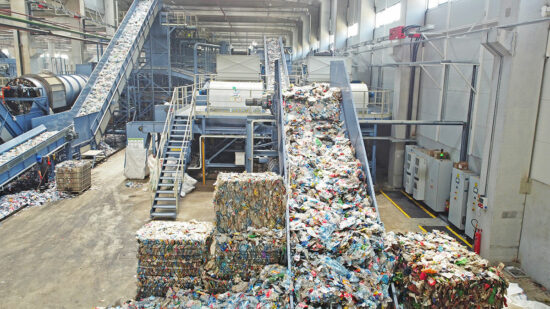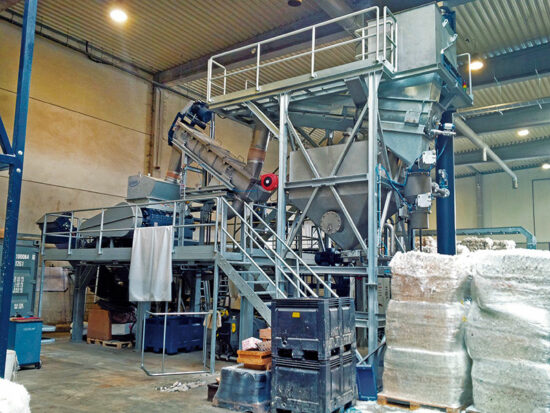First the mechanics, then the chemistry
The agreement is rightly called historic: Recently, the United Nations Environment Assembly (UNEA) passed a resolution providing a global agreement to curb plastic waste. By the end of 2024, a legally binding convention is to regulate the entire life cycle of plastics. Bitterly necessary, after all, according to UN figures, around 400 million tons of plastic waste are generated worldwide every year, of which only about nine percent is recycled.







